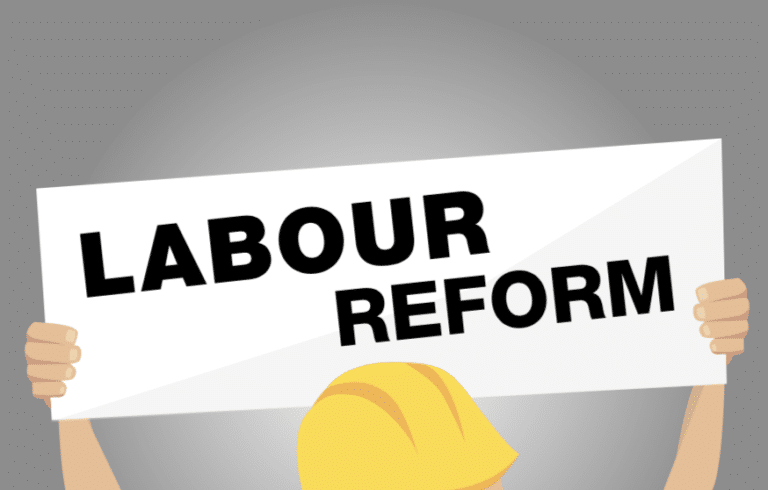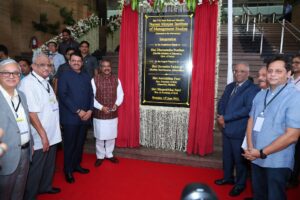
NITI Ayog, the think tank of the Government of India, has called upon the State Governments to take the lead in instituting labour reforms and rationalize the costs of power to make a climate favorable to the Industry to conduct business.
“We must strive together to make India one of the easiest places to conduct business,” said Mr Amitabh Kant, CEO, NITI Ayog, while urging the State Governments to introduce labour reforms and rationalize power costs to boost industrial growth.
He was speaking a webinar organized by PHD Chambers of Commerce and Industry.
Single window clearances, timely clearances and land acquisition are areas for state governments to focus on, Mr Kant further said.
Mr Kant opined that India should focus on sunrise area for growth such as Electric vehicles & battery storage manufacturing; Green hydrogen; Artificial intelligence (AI); Data analytics; Blockchain; Cybersecurity; Cloud computing and Genomics.
Public-private Partnership (PPP) in social infrastructure is another avenue, Mr Kant said. Now more than ever, the importance of social infrastructure such as healthcare facilities has come to the fore. Unlocking investments in this sector will be crucial to India’s resilience and adaptability, he added.
Partnerships of the private sector in unlocking the potential of innovative financing mechanisms such as asset monetisation, providing an impetus to green finance are other potential areas, amongst others, Mr Kant opined.
However, Mr Kant expressed concern over high food inflation due to higher prices of oilseeds and edible oils as India imports nearly 70% of total demand.
PHDCCI President Mr Sanjay Aggarwal Addressing said the Government should frontload the National Infra Pipeline expenditure as private investments are not coming in shorter period. The increased spending on infrastructure will give a multiplier effect to rejuvenate the aggregate demand in the economy. Undoubtedly, robust growth of infrastructure is the key ingredient to realize the vision of “Aatmanirbhar Bharat” envisaged by the Prime Minister Mr Narendra Modi.
He was of the opinion that more and more direct benefit transfers needs to be considered for the urban and rural poor under the various welfare schemes. The next 3 months should be devoted to enhance the capacity and quality of country’s health infrastructure on a war footing.
The Government should ensure adequate availability of oxygen, hospital beds, especially ICU beds, doctors and others medical personnel, among others, to save maximum lives. The country should target to vaccinate at least half of the population in next 2-3 months, i.e. by September 2021, Mr Aggarwal added.
He was of the opinion that the Government should focus on further reducing the cost of doing business in the country including the costs of power, capital, compliances, logistics and land besides ensuring availability of land and labour.
Mr Aggarwal also opined that Strengthening the MSMEs sector must be on priority. Focus should be on ensuring provision of hassle free disbursements of loans vis-à-vis enhanced liquidity for MSMEs.
If the Government undertakes effective steps to combat the impact of Coronavirus, a double digit growth of more than 10% in FY 2022 can be achieved as anticipated earlier by various forecast organisations along with GOI and RBI before the second wave of pandemic Coronavirus.
Mr. Anil Chopra, Chair, Economic Affairs Committee, PHDCCI, said fiscal stimulus through rationalisation of income tax and through reduction and clarity in GST would give a momentum to the economy. As a driver of economic recovery, when the government focuses on investment in infrastructure, it would do well to prioritise on investment in sustainable and green infrastructure such as renewable energy which is environment positive.
“We also need to prioritise on infrastructure with social objectives for benefit of all, such as on healthcare, education, waterways, roads and electricity. Investment in human and physical capital would lead to sustainable and inclusive growth”, he opined.



